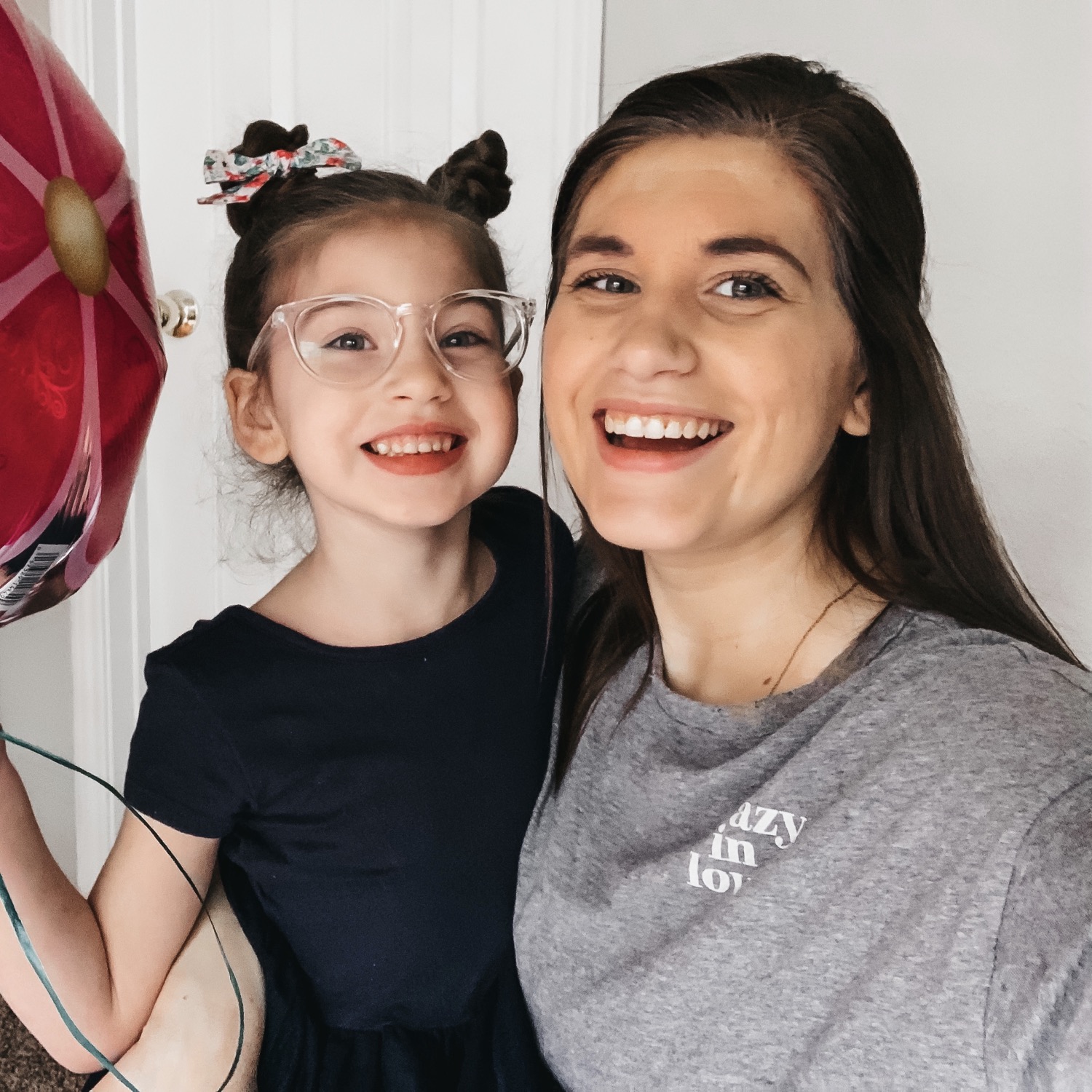what to say when you see a child with a disability
- Emily Meagher

- Dec 7, 2022
- 4 min read
a quick guide from a mom who has pretty much heard it all...

A couple of years ago, I uploaded a vlog all about What Not To Say To A Parent Of A Child With A Disability. To be transparent.. when I uploaded that video, the reality that things were going to look differently than I had imagined had just set in. For context, some of the sayings in that video:
"What is wrong with her? Will she be okay?"
"She will get better right? She'll be able to walk though?"
"She doesn't look disabled. She is too pretty to have a disability."
"I'm so sorry. That's awful"
Most of these things were said to us with the best of intentions. While all of these things still really affected me at the time and i want to take this time to explain why.
First and foremost, there is nothing wrong with her. There is nothing wrong about looking, walking, talking, or acting differently from someone else. For Abby, this confused her. It made her doubt herself for usings mobility aids that simply allow her to get from point a to point b just like everyone else.
Think for a moment if the answer was "No, she's not going to be okay."... Are you sure that is something you want to ask and remind that family of when they are stepping in to a restaurant for breakfast? Probably not.
To be honest, those questions are far more complex than a yes or no answer. Cerebral Palsy specifically is permanent, but not unchanging. There is not a cure. Cerebral Palsy is something that Abby will live with and is not necessarily something she needs to overcome. The symptoms of Cerebral Palsy can be treated with therapy, medications, procedures, and sometimes surgery. Every single individual may be affected by CP completely differently. Some may have the ability to walk independently, some may not. While we can focus on strengthening and practicing in therapy- it may not happen OR if it does- it may not be the most comfortable, sustainable way for her to ambulate for certain distances. To be short, I don't know whether Abby is ever just going to walk. Nor will I ever let her feel that expectation from others who do not understand the amount of energy that goes behind each step she takes.
What exactly does a individual with a disability look like? The bottom line of this is that you never know what someone is going through. Abby's contagious smile and bright personality doesn't take away from the fact that she exerts 3-5x more energy doing tasks that most of us have the privilege of doing mindlessly. Disabilities from an outside perspective may range from invisible to severe and the visibility of the disability does not take away from the obstacles that individuals may face day to day.
While being sympathetic is seemingly harmless, I'm sorry is such an uncomfortable response to someone meeting Abby and learning that she happens to have a disability. Abby's CP is not a horrific experience for her. It is not a miserable experience for us as her parents either. Its actually quite a beautiful, humbling experience of learning to appreciate things that most overlook.
Over the past 8 years of being Abby's mom and 6 years of navigating her CP, i've become very comfortable with understanding that most of the time it is purely ignorance even when someone may think they have the best of intentions. There is so much that I have been able to learn throughout this time myself. There are phrases I no longer use. There are words that now have such a different meaning. Here's some of what I've learned:
JUST. SAY. HI.
It really is as simple as that. When someone approaches Abby and waves or says "Hello!" to her it quite literally makes her whole day!
INTRODUCE YOURSELF
She loves to hear your name and to introduce herself so you will know her as Abby and not "the girl i saw using crutches in target".
COMPLIMENTS GO A LONG WAY
She also loves when someone points out something about her- whether it's her sparkly shoes or her pink crutches, she always responds with the sweetest "Thank you!".
ASK A NON-INTRUSIVE QUESTION
From there, sometimes she gets asked "what are they for" and most likely Abby will be excited to share why she uses them.
TALK TO HER NOT ABOUT HER
While Abby is 8, I really appreciate when people talk to her and not talk to me about her when she's standing right there. Usually I will repeat your question to her and be patient while she answers. Sometimes she asks me to respond and in that case, I'd love to.
All of these little things mean so much in making a much more kind interaction and they are appreciated more than you know by the parents standing next them. A great rule of thumb is to always remember that you don't really know what someone else may be going through. ❤️




Comments